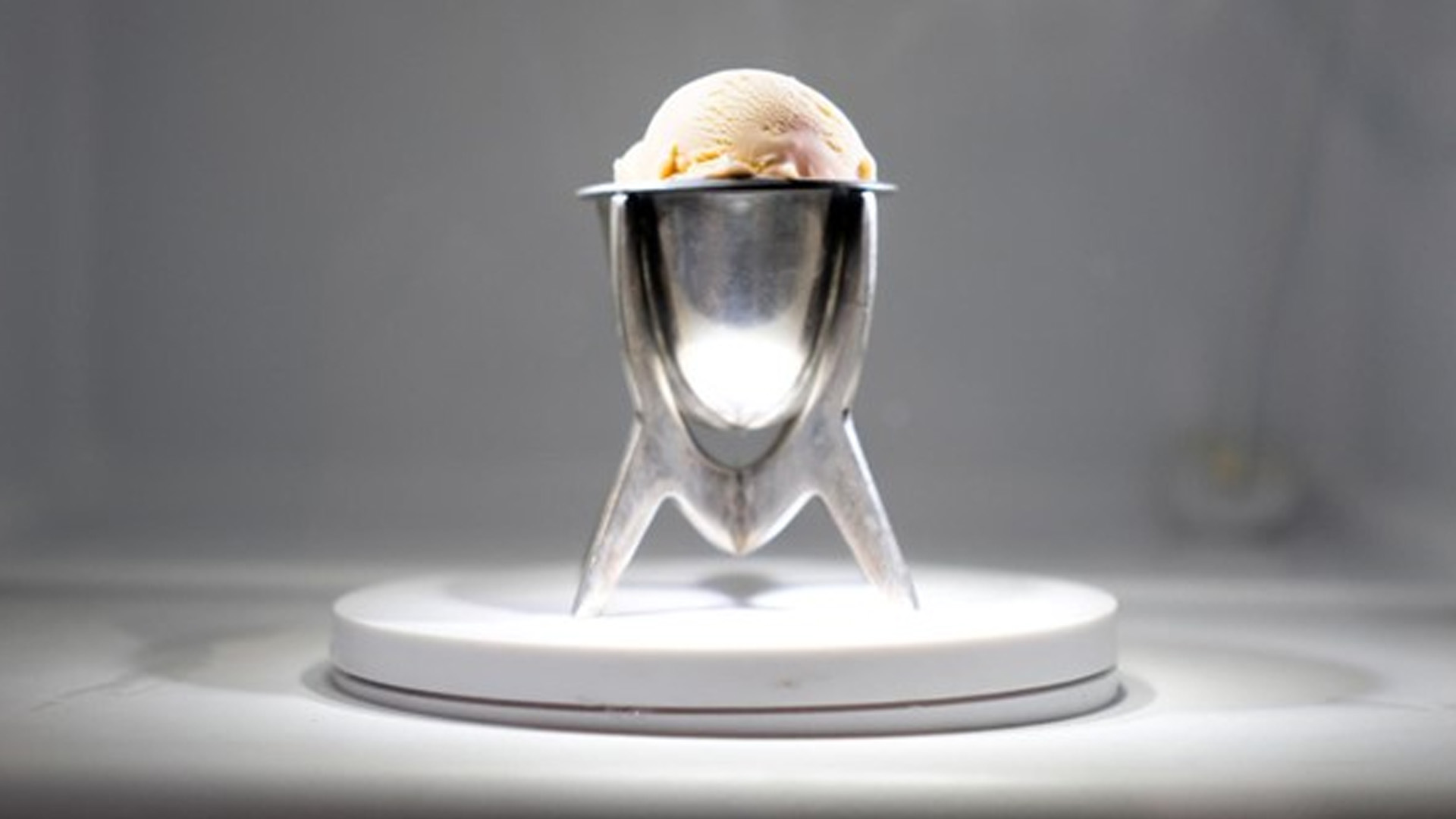Sparking the future of food production, a designer and artist from the United Kingdom – Eleonora Ortolani created the world’s first vanilla ice cream from plastic bottles.
Ortolani is currently a master’s student at Central Saint Martins; she intends to challenge the edible and not while also responding to the world’s plastic pollution crisis.
In a foreign news interview, Ortolani used polyethylene terephthalate (PET), which is common in making plastic bottles. She extracted an element to create the ice cream’s flavor.
“The vanillin contained in the ice cream comes from the same source as what we confine in plastic bottles, and I did that by collaborating with bacteria and enzymes and actually naturally evolving to digest plastic,” Ortalini explained.
With this discovery, Ortolani admitted that she had a hard time finding a collaborator to pursue her project.
“I would have never imagined that I would actually be able to make food from plastic,” she confessed. “And it was difficult for me to find a scientist who would actually be interested in working with me on that,” she said.
Eventually, she found help from a biotechnologist at the University of Edinburgh, Dr. Joanna Sandler. She followed her published research from December 2021 on degrading and upcycling plastic.
According to Dr. Sandler, she broke the bonded polymers through a hungry microbe, and through another bacteria, she turned the PET soup into vanillin.
Dr. Sandler received numerous concerns and negative feedback on the project, yet she assured the public that the project is not for human consumption but will be showcased in an installation.
“I’ve even had members of the public email me, saying it’s irresponsible to encourage people to eat plastic. It is really important that we take the safety side of it really, really seriously, and we make it very clear that this has to go through exactly the same regulatory processes and food standard processes as any other food ingredient. And only once it has been through all of those would it go anywhere near any kind of consumer product,” Sandler explained.
A project that seemed speculative and skeptical begs the question: is this the start of advanced food technology that may be used in a few years?







